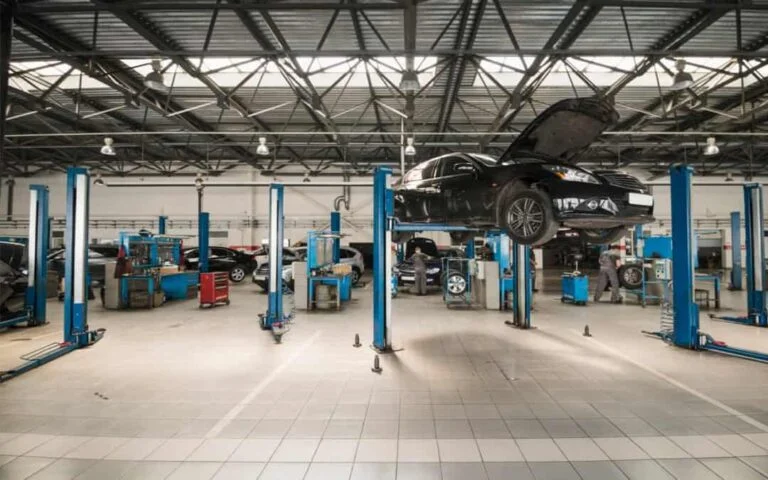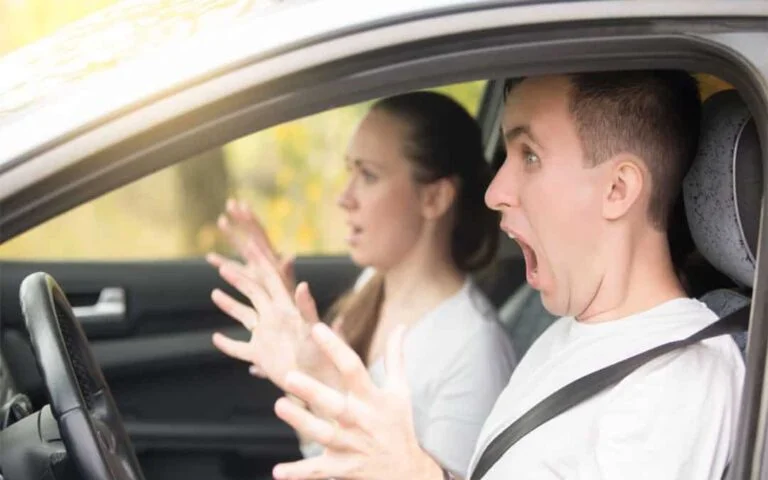Slip And Fall And Other Premises Liability Claims In Louisiana
Slip and fall or premise liability accidents are some of the most common personal injury claims. These types of cases stem from when a party is injured or damaged on a property owner’s premises. However, these types of claims can be very challenging personal injury cases to handle due to the complexities in proving the elements necessary to win.
What Are The Challenges To Proving The Elements To A Slip And Fall Or Premise Liability Case In Louisiana?
To have a valid slip and fall or premise liability claim against a property owner, the injured party must prove the following elements:
- the property presented an unreasonable and foreseeable risk of harm;
- the property owner is aware or should have been aware of the unsafe condition on their property; and
- the property owner failed to use reasonable care.
Each of these challenges are discussed below:
– Property Presented An Unreasonable And Foreseeable Risk Of Harm
Here, the injured party must show that the unsafe conditions of the owner’s property presented an unreasonable and foreseeable risk of harm. Common examples of such risks are water or other liquids left on the floor, holes or other hazards on a property, or merchandise or items placed improperly in a store. However, just proving the unreasonable condition existed is not enough. If the injured party should have been aware of the dangerous condition, he or she will likely have a difficult time winning.
The legal phrase to consider in assessing whether the property presents an unsafe condition is “open and obvious.” While a puddle of water in the middle of a grocery aisle may present an unreasonable risk of harm, if it was easily visible, a customer in the store has a responsibility to avoid stepping in it. This presents a special challenge in handling premises liability claims in that the plaintiff has to prove that the dangerous condition existed, the property owner knew or should have known about the condition, but there was no reason the injured party should have known about it.
– Property Owner Created Or Knew Of The Unsafe Condition Of The Property
In this element, the injured party must show that the property owner is aware or should have been aware of the unsafe condition of their property. Under the principle of constructive notice as outlined in Louisiana Civil Code, Articles 2317.1 and 2322, a property owner is liable for damages and injuries caused by the property’s unsafe conditions or defects only if the injured party can show that the property owner is aware or should have known about their property’s hazardous condition through the exercise of reasonable care. The challenge to this element for the injured party is that a property owner cannot be held liable simply because someone was injured on their property due to a dangerous or unsafe condition on the property. Rather, the injured party must successfully prove that there was a reasonable expectation that the property owner was aware or should have been aware of the unsafe condition of their property.
– Property Owner Failed To Use Reasonable Care
In addition, the injured party must also show that the property owner failed to take the necessary steps to discover and fix the hazardous condition of their property. The property owner can be held liable for injuries and damages to its property if it is aware or should have been aware of the property’s unsafe condition through the practice of reasonable care. Going back to the example of a spill in a grocery store, if the spill was caused by another customer and had been on the ground for only a few minutes, the store owner will likely not be liable. However, if the spill had been on the floor for more than an hour, and the store was not taking any action to routinely check the condition of its aisles and clean up spills, it will be easier to prove negligence on the part of the store.
How Does Comparative Negligence Present A Challenge In A Slip And Fall Or Premise Liability Claim In Louisiana?
Under the Louisiana Civil Code Article 2323, comparative negligence applies in a slip and fall or a premise liability claim. This legal concept mandates that the injured party’s fault can reduce a compensation award for the accident incurred on the property owner’s premises if the injured party caused or contributed in someway to his or her injuries. Some of the ways that an injured party could be partially at fault in a premise liability or slip and fall case could be:
- If the injured party was participating in an activity that would have prevented them from seeing or observing the apparent hazardous condition on the property.
- If the injured party was illegally trespassing on the property.
- If the injured party had no reason to be in the premise of a dangerous area.
- If the injured party purposely ignored obvious and posted warnings about the property’s condition or did not utilize safety measures to prevent an accident.
There Must Have Been Actual Injuries.
As with all injury claims in Louisiana, proving negligence on another party is not enough. The plaintiff also has to prove that he or she was actually injured a result of the other party’s negligence. The nature and severity of the injury will also affect the value of the claim. You can suffer a fall on property owner’s premises but if your only injury is a bruise on the arm, your case will likely have a far lower recovery value than someone who suffers an injury that requires surgery or extensive medical treatment. Thus, a thorough medical and property evaluation must be conducted on the injured person as soon as the injury or accident has occurred, even if the damage or injury appears to be minor.
Being a party to a slip and fall or a premise liability case poses severe financial and medical consequences. Even a slight fall could cause substantial injury to specific individuals. Thus, it is vital to seek the guidance and legal representation of a competent personal injury attorney familiar with the complexities of slip and fall and premise liability injury cases.
If you are party to a slip and fall or a premises liability case, please give us a call (225) 963-9638, or you can click here to contact us about scheduling a free consultation. Our highly experienced personal injury attorneys can help you assess your case and represent you and your interests.


